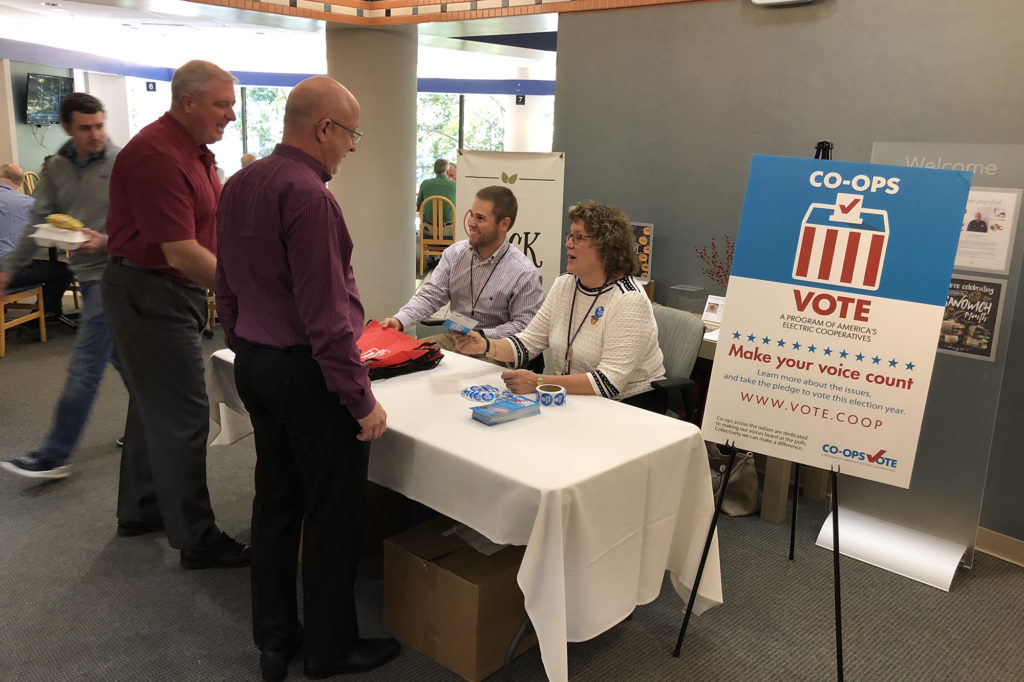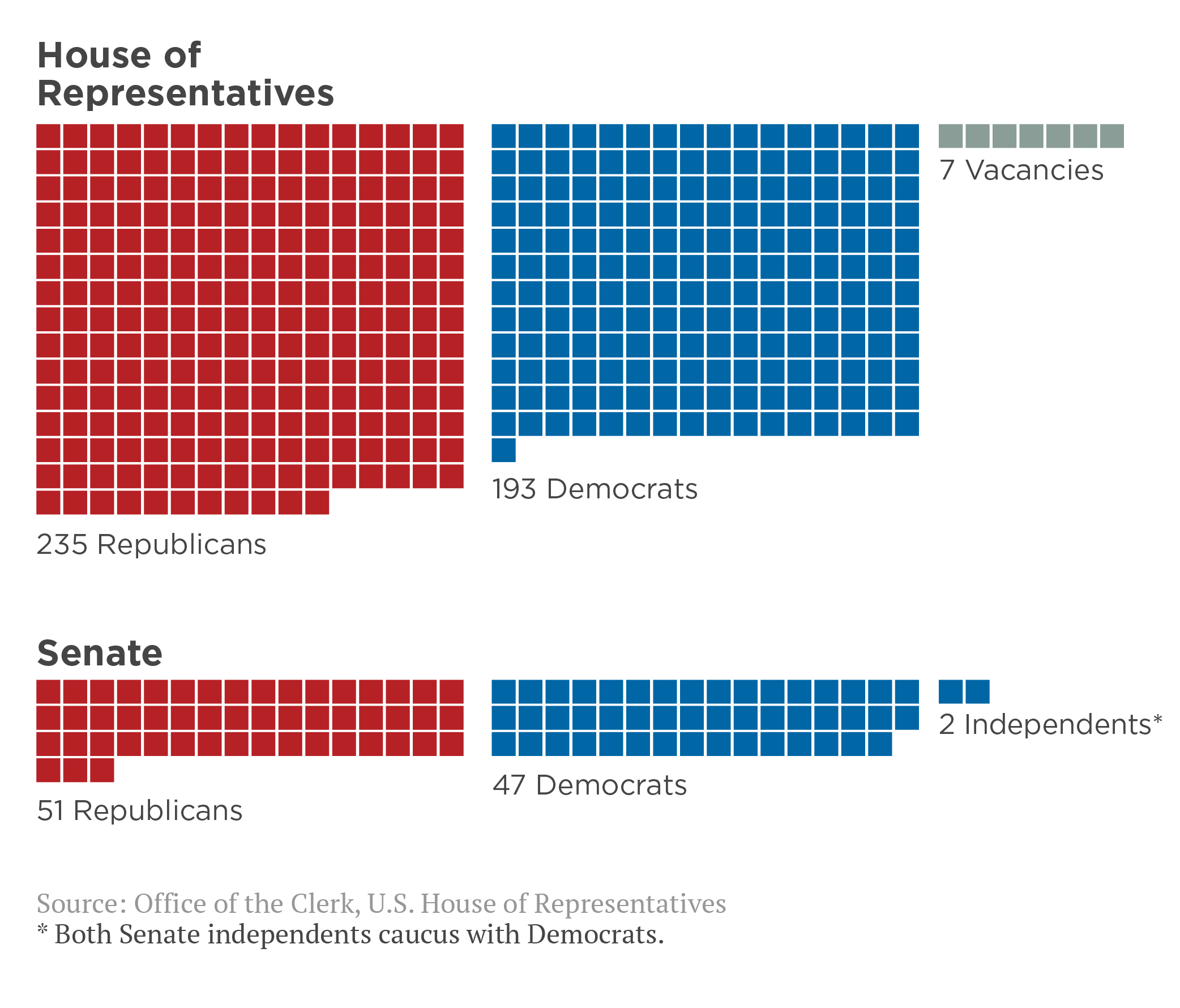
With the midterm elections just days away, electric co-ops are doing their part to increase voter turnout and preparing to engage with a new Congress on co-op legislative priorities in 2019.
Many election forecasts indicate the Senate is likely to remain in Republican control, but the House has a greater chance of flipping to a Democratic majority, with a number of tight races.
“The good news is we work closely with both sides of the aisle,” said John Cassady, vice president of legislative affairs at NRECA.
In the remaining weeks of 2018, NRECA will defend the interests of co-ops in the Farm Bill and seek final legislation to protect electric cooperatives’ tax-exempt status. Co-ops support a correction to a 2017 tax law that inadvertently threatens their not-for-profit status if they receive government grants for economic development or even disaster recovery.
“There is recognition among members of both parties that these issues need to be resolved by the end of the year,” Cassady said.
But post-election activity on Capitol Hill is difficult to predict, Cassady noted, and these issues may get pushed to the new Congress in 2019.
Cassady said a change in the House majority could affect co-op priorities in the following ways:
- More oversight of activities by federal agencies, including the Environmental Protection Agency and the Department of Interior.
- Movement by Democrats and Republicans alike on critical infrastructure legislation.
- A greater emphasis in the House on renewable energy, energy efficiency, electric vehicles and rural broadband.
- An emphasis in the Senate on traditional energy sources, rural broadband, and blocking House efforts to derail the administration’s deregulation agenda.
With House Speaker Paul Ryan stepping down at the end of his term, the House will have new leadership in 2019 no matter which party prevails at the polls.
And with nearly 60 retirements, Congress will welcome one of its largest freshman classes next year. Cassady said NRECA will be ready to tell them the co-op story and engage on legislative priorities for co-ops.
“We will meet with every new member office,” he said. “And we will spend considerable time and resources educating the freshman class on the co-op business model and co-op issues and the challenges facing our member co-ops.”
As Election Day approaches, co-ops have been ramping up efforts in their communities to get voters to the polls. Co-ops Vote, NRECA’s nonpartisan political engagement effort, has prompted significant voter engagement in the past month. Since mid-September, nearly 50 co-ops have achieved “five-star” status, designating their involvement in five or more grassroots activities and bringing the number of five-star co-ops to 150.
States with the highest number of five-star co-ops include Pennsylvania, Oklahoma, Kentucky, Tennessee and Illinois.
“We’re hopeful that more people will go to the polls as a result of hearing from their co-op about voting,” said Laura Vogel, NRECA’s senior adviser for political affairs.
In the final stretch of the campaign season, Vogel said, “We’re asking statewide associations and co-ops to send messages to employees encouraging them to vote and consider submitting op-eds and letters to the editor in local newspapers.”
More on the Midterm Elections:
Co-ops Play Role in Record-Setting National Voter Registration Day
What Co-ops Are Doing to Reach Rural Voters and Candidates
Listen to our Along Those Lines podcast episode on the importance of the rural vote:
Cathy Cash and Victoria Rocha are staff writers at NRECA.
